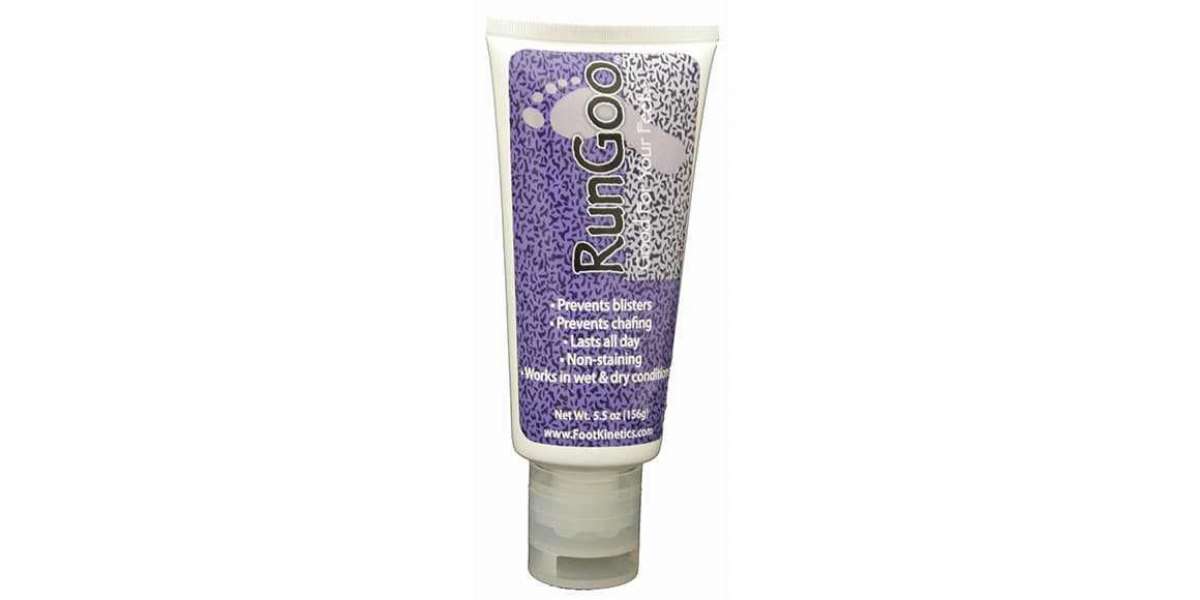The feet are among the most hardworking parts of the body, yet they often receive the least attention in daily self-care routines. From supporting body weight to enduring long hours of walking and standing, feet face constant stress. Without proper care, this can lead to dryness, cracks, infections, and discomfort that affect both health and quality of life.
One of the simplest yet most effective solutions for maintaining healthy feet is the regular use of protective foot cream. Designed to nourish, hydrate, and shield the skin from environmental stressors, protective foot creams have become a vital part of modern foot care routines.
Why Daily Foot Care is Essential
The Demands on the Feet
On average, a person takes thousands of steps each day. This repetitive pressure and friction expose the feet to constant wear and tear. Without proper care, issues such as calluses, blisters, and cracked heels can quickly develop.
The Importance of Skin Health on the Feet
The skin on the feet is naturally thicker than other parts of the body, particularly on the heels and soles. While this thickness offers protection, it also makes the skin prone to dryness. Without hydration and protection, the skin can split, making it vulnerable to infection.
Understanding Protective Foot Cream
What Makes It Different from Regular Lotion?
While regular body lotions provide hydration, protective foot creams are specifically formulated for the unique needs of the feet. They often contain richer moisturizers, healing agents, and protective ingredients that target dryness, cracks, and microbial threats.
Key Ingredients Found in Protective Foot Creams
Moisturizing agents such as urea, glycerin, and shea butter
Soothing compounds like aloe vera and chamomile
Antibacterial and antifungal elements to reduce infection risk
Barrier-forming ingredients that lock in moisture and protect against irritants
Top Benefits of Using Protective Foot Cream
1. Deep Hydration
One of the most immediate benefits of protective foot cream is its ability to deliver deep hydration. The thick consistency penetrates the skin layers, preventing dryness and maintaining softness.
2. Healing Cracked Heels
Cracked heels can cause pain and, in severe cases, bleeding or infection. Regular use of protective foot cream softens hard skin and encourages healing, reducing discomfort and improving appearance.
3. Preventing Fungal Infections
Feet are often enclosed in shoes, creating a warm, moist environment where fungi thrive. Many protective foot creams include antifungal properties that help safeguard against common infections such as athlete’s foot.
4. Reducing Foot Odor
By controlling moisture and bacterial growth, protective foot cream also plays a role in reducing unpleasant foot odor, helping individuals maintain freshness throughout the day.
5. Enhancing Skin Barrier Function
Protective foot creams strengthen the skin’s natural barrier, shielding it from environmental stress, friction, and irritants. This improves overall resilience and reduces the chances of skin breakdown.
6. Supporting Circulation and Relaxation
Some formulations include ingredients such as menthol or essential oils that not only refresh the skin but also promote better circulation and a soothing sensation after a long day.
7. Improving Comfort and Mobility
Soft, well-hydrated feet are less prone to blisters, calluses, and soreness. By reducing these discomforts, protective foot cream contributes to greater comfort and mobility in daily life.
Incorporating Protective Foot Cream into Daily Routines
Best Times to Apply
After a shower or bath: Moisture is locked in best when applied to clean, slightly damp skin.
Before bedtime: Applying cream at night allows for extended absorption during rest.
How to Apply Correctly
Wash and dry the feet thoroughly.
Apply a generous layer of protective foot cream.
Massage gently into the heels, soles, and between the toes (if the formulation is non-greasy and antifungal).
For extra hydration, cover the feet with cotton socks overnight.
Pairing with Other Foot Care Habits
Regular exfoliation to remove dead skin cells
Wearing breathable footwear and socks
Routine foot inspections, especially for individuals with diabetes or circulation issues
Protective Foot Cream for Different Needs
For Active Individuals
Those who walk or run frequently benefit from foot creams that reduce friction, prevent blisters, and support skin recovery after strenuous activity.
For People with Diabetes
Diabetes can reduce sensation in the feet and increase the risk of ulcers. Protective foot creams help keep the skin intact, reducing the chances of wounds and infections.
For Aging Skin
As people age, skin naturally loses moisture and elasticity. Protective creams restore softness and protect aging feet from dryness and cracks.
The Long-Term Benefits of Consistency
Prevention Over Treatment
Regular use of protective foot cream helps prevent common foot issues, reducing the need for more intensive treatments later.
Enhancing Overall Wellness
Healthy feet contribute significantly to overall well-being. By avoiding discomfort and mobility issues, individuals can maintain an active and independent lifestyle.
Boosting Confidence
Well-cared-for feet are not only healthier but also more aesthetically pleasing, boosting confidence in social and personal settings.
Conclusion
Incorporating protective foot cream into a daily routine is a simple yet powerful step toward healthier, more comfortable feet. With benefits ranging from hydration and healing to infection prevention and long-term resilience, it is clear why protective foot cream has become an essential part of modern self-care.
For readers seeking more expert insights on healthcare, mobility, and wellness solutions, Ler Magazine continues to provide trusted knowledge and guidance. By staying connected with Ler Magazine, individuals can explore valuable information to support healthier living every day.







